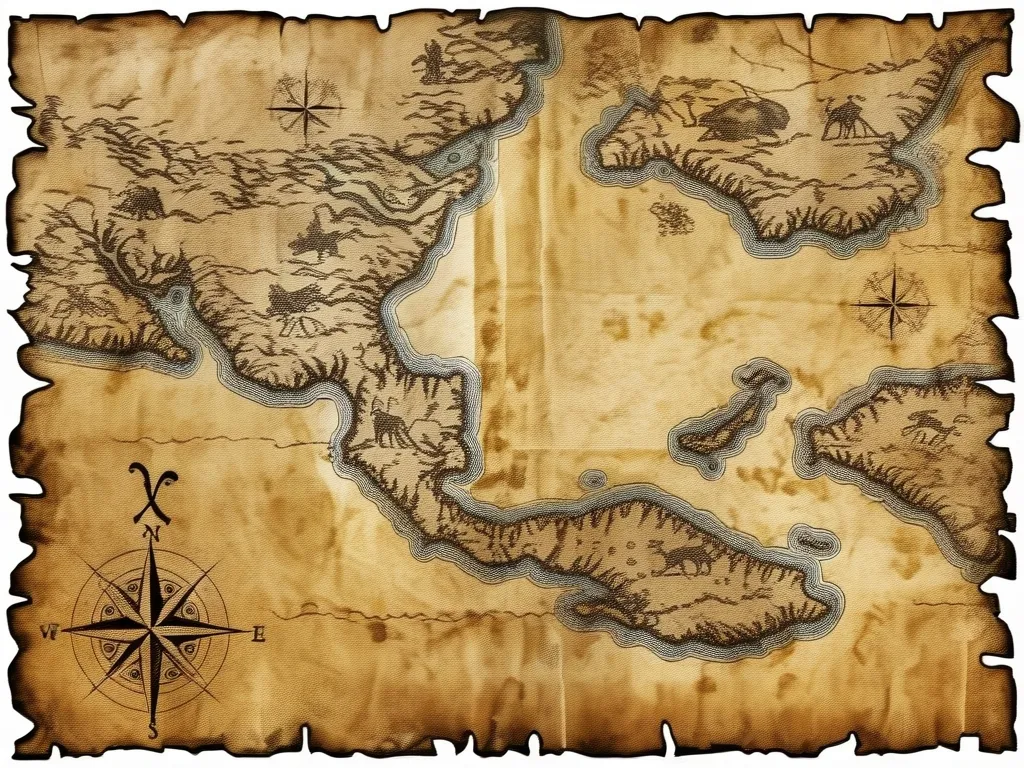Ever wondered if you could own the Moon or Mars? It sounds wild, but let’s break it down with a bit of space law. The Outer Space Treaty is the big cheese here, coming out of the Cold War era when countries were rushing to claim space. This treaty says no one can own celestial bodies. Think of space like a big, open park; it’s there for everyone to enjoy, not to own. It’s like the public ocean but better because no one can put a fence around the Moon.
Now, imagine you’re an astronaut with a shiny new rocket. You land on the Moon, pick up a moon rock, and bring it back to Earth. Is that rock yours? Well, it’s complicated. Depends on whom you ask. The US and some other countries are working with new guidelines, called the Artemis Accords. These rules are all about letting folks mine in space. You even get a no-disturbance zone around your landing spot to keep your work safe.
But here’s where it gets sticky—what if you land where someone else wanted to be? Or what if you cover an entire asteroid with your rocket? That’s a gray area. Russia and China haven’t agreed to these new rules, so things can get murky fast. To play it safe, hire a space lawyer and grab some space insurance. Your celestial ventures might cost you more than those moon rocks are worth, but at least you’ll be covered for any interstellar mix-ups.






